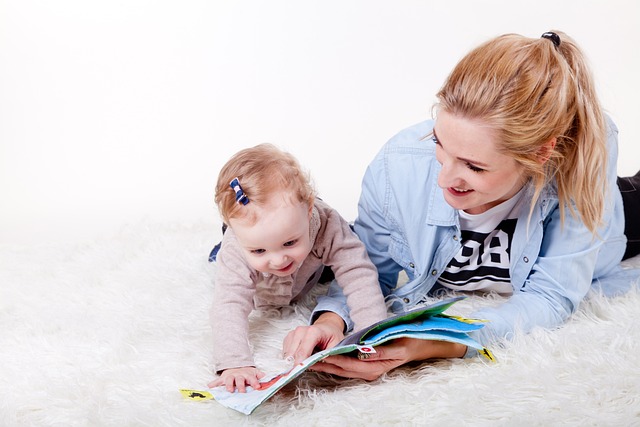Kita is a German abbreviation for “Kindertagesstätte,” which translates to “daycare centre” in English.
In Germany, Kita is a term used to refer to preschool or early childhood education facilities that offer care and education for children aged 0-6 years old.
These facilities are usually run by the government, religious or private organizations and follow a structured curriculum aimed at promoting children’s learning and development.
It is not mandatory to send your child to a Kita.
Types of Kitas
- Nurseries or Kinderkrippe – for children between the ages of 1 and 3 years
- Kindergarten – Children between the ages of 3 and 6 years
- Tagesmutter
- After-school – Primary school children after-school care
Finding a place at a Kita
When you have legal residence in Germany, and are registered at your Town (Bürgeramt Meldepflight), your children between the ages of 1 and 6 years, have a legal right to a childcare placement. Although this is the law, there is a serious shortage of available childcare placements. The city has 3 months to find a placement for your child. If they fail to do so, you can sue them for the costs of a Tagesmutter or other costs incurred for day care. You can also sue for the loss of income if you are unable to work because you cannot find a placement for your child at a Kita. There are companies who specialise in assisting you with this. One such company is KeinKitaPlatz. Please note that you also have a responsibility to apply for a placement well in advance
To find a Kita close to you, look on the following websites:
You can also look on church websites or official town or Federal state websites. Alternatively, search Kita + “your town” on the internet.
Here are some examples
- Kitas Stuttgart
- Kindertageseinrichtungen in Baden-Württemberg
- Evangelische Kindertageseinrichtungen in Stuttgart
- Kitas Hamburg
- Kita Finder München
- Kita navigator Berlin
- Find a childcare place in Frankfurt
Your options for finding a placement while still outside of Germany are very limited. You can ask for assistance at the Migration Centre in your area. To find a centre close to you look on the The Bundesamt für Migration und Flüchtlinge (BAMF) website. Another option is to contact the Jugendmigrationsdienste (JMD), which assists young people with a migration background aged between 12 and 27 with their integration process in Germany.
If you cannot find a place for your child, or would rather have your child looked after in a small group or separately, you can also hire a childminder (Tagesmutter), a surrogate granny/grandpa (Leih-Oma/Leih-Opa) or an au pair to look after your child. However, childminders, surrogate grannies/grandpas and au pairs are usually not trained in childcare.
A childminder usually looks after several children at the same time at his or her home. As with a Kita place, you can receive financial support for the service provided by a childminder. You can contact your Youth Welfare Office or the local administration and ask them to help you find a suitable place. You will also find the application forms for financial support on the site.
Another option is to find a “surrogate grandmother” or “Leih-Oma”. A “Leih-Oma” is an elderly woman who takes care of a family’s children -usually as a mini-job. A surrogate grandmother is often involved in family life like a real one, and her service is usually more affordable than a childminder. There are, of course, also surrogate grandfathers or “Leih-Opas”.
An au pair is a young person from abroad who comes to Germany for a few months to get to know the language and the country. An Au Pair lives with you and helps you in the household, including in child care.
You can search for a childminder, surrogate grandmothers/ grandfathers and au pairs for your children on www.betreut.de, where you can register and search for a suitable option for free.
Fees and subsidies
The costs of daycare depend on the following factors:
- How many hours will your child spend in daycare?
- The family’s income – the more you earn, the more you have to pay.
- The number of siblings in daycare – Discounts are offered when you have more than one child in daycare.
Day-care centres that are run or sponsored by municipalities are usually cheaper compared to private day-care centres. State subsidies apply in some of the Federal states.
If you cannot afford the fees, you can apply for a Kita Gutschein at the Jugendamt or Youth Welfare office.
School information

School Information
The German School system is quite unique and distinguishes itself from the South African models in a number of ways Types of schools There are
Related content

Flying with Children
Flying with Children Travelling with small kids can be an amazing experience but also quite a task especially when it involves long flights. One of the key

Parental allowance in Germany (Elterngeld)
As new parents, both you and your partner are entitled to Germany’s generous parental allowance. If you or your partner has recently had a child,

Having a baby in Germany
Thinking of starting or expanding your family in Germany? Luckily the standard of German healthcare is very high and Germany has great maternity and paternity



You must be logged in to post a comment.